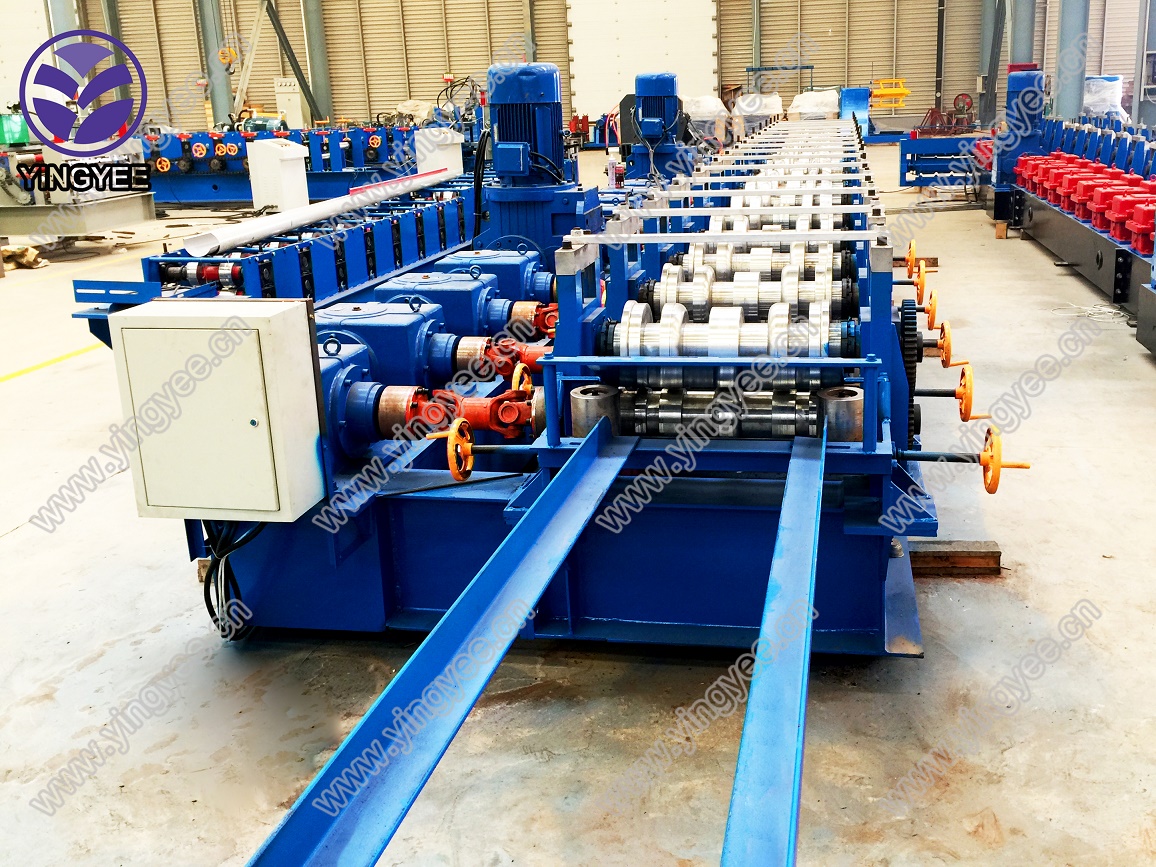
Understanding the Production Line An Essential Element in Manufacturing
The production line is a fundamental concept in the manufacturing industry, serving as the backbone of efficient production processes. It refers to a set of sequential processes, usually arranged in a specific order, designed to mass-produce goods in a systematic and streamlined manner. By understanding the intricacies of the production line, businesses can optimize their operations, reduce costs, and enhance product quality.
Understanding the Production Line An Essential Element in Manufacturing
One of the essential aspects of a production line is workflow optimization. By analyzing each stage of the process, companies can identify bottlenecks and inefficiencies. Techniques such as the Lean Manufacturing approach focus on eliminating waste and ensuring that each step adds value to the final product. This not only improves the speed of production but can also lead to better resource utilization, lower energy consumption, and decreased overhead costs.

Moreover, technology plays a significant role in modern production lines. Automation, robotics, and advanced software systems have transformed traditional methods, enabling manufacturers to achieve higher precision and consistency. For example, robotic arms can perform repetitive tasks such as welding or assembling components with remarkable accuracy, while computers can monitor production metrics in real-time, allowing for immediate adjustments if something goes awry. The integration of Artificial Intelligence (AI) further enhances these capabilities by predicting maintenance needs and optimizing inventory management.
Another vital consideration in production lines is flexibility. In today’s fast-paced market, consumer preferences can shift rapidly. Therefore, having a production line that can adapt to changes is crucial. This may involve using modular equipment that can be reconfigured or implementing a just-in-time approach that reduces the amount of inventory held on-site. Companies that can pivot quickly in response to market demands are likely to gain a competitive edge.
Quality control is also an integral part of managing a production line. Ensuring that products meet specific standards is essential for generating customer satisfaction and maintaining a positive brand reputation. Incorporating quality checkpoints throughout the production process, using statistical process control (SPC), and engaging in regular audits can help catch defects early and reduce the cost of poor quality.
In conclusion, the production line is a vital element of modern manufacturing that involves a systematic approach to efficiently produce goods. By leveraging technology, optimizing workflows, and ensuring flexibility and quality, businesses can enhance their production capabilities and respond to market demands with agility. Understanding and continuously improving the production line can lead to increased profitability and long-term success in a competitive landscape.